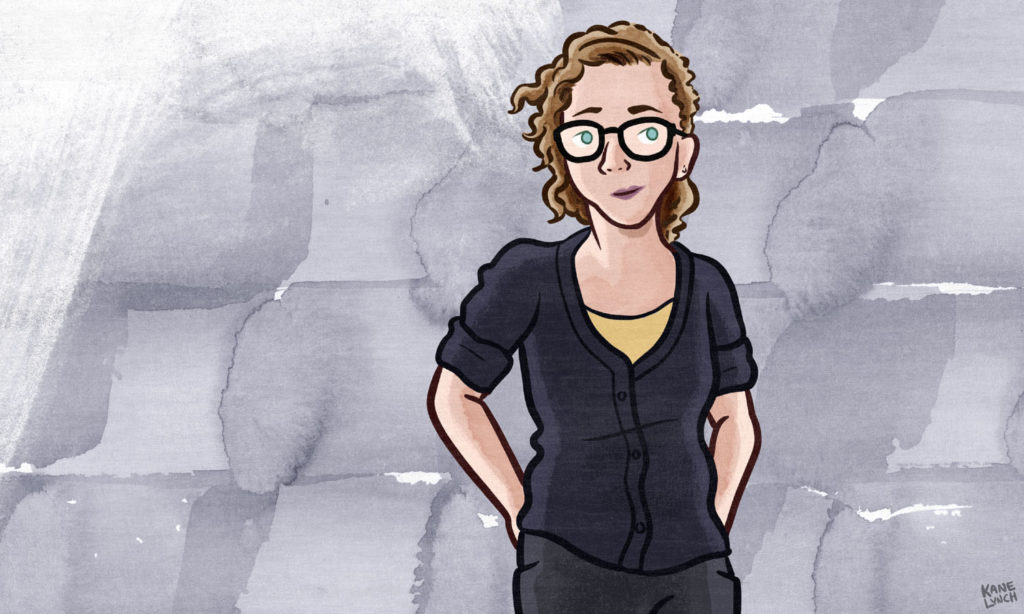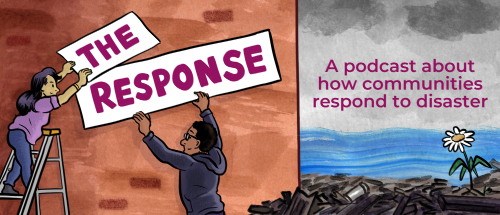In this Shareable series, we are highlighting people around the world who are "supersharers." These are individuals who are deeply involved in makerspaces, coworking hubs, art collectives, worker cooperatives, community gardens — basically initiatives in which people can freely share knowledge, skills, resources, and more, with each other. We’re thrilled to introduce you to out next supersharer — Emma Öhrwall. Here’s some background about Öhrwall's work, in her own words.
Shareable: Where are you based?
Emma Öhrwall: I am based in Gothenburg, Sweden.
What sharing projects are you involved in?
I've been a part of the collaborative movement since 2014. I co-founded the nonprofit Kollaborativ Ekonomi Göteborg that runs smartakartan.se, a map and website, in collaboration with the City of Gothenburg. I also worked for the nonprofit education association Studiefrämjandet that enables bike kitchens, toy libraries, solidarity fridges, repair cafés, swapping, skill sharing, and more. Recently I just started as a process manager for Sharing City Gothenburg, for the City of Gothenburg. It's a testbed where both civic, public, and private initiatives will be supported and evaluated during 2018-2020.
What inspired you to get involved in these endeavors?
It gives me hope and could be a part of a sustainable future. I get really inspired by working with solutions and see how the initiatives change the city and also individuals' life for the better.
Are there any individuals or organizations that helped you get involved in these project?
There are many but I would say it's the movement — local and global. We help each other.
Does your city have any laws or policies that make it easy for residents to share resources?
In the city budget for 2018, it says that the city should promote and support circular and sharing economy. There is also several strategic documents about sustainability where sharing is mentioned and seen as a solution.
What are some of the challenges that either you or your collaborators have faced in setting up or participating in sharing projects?
It's been difficult to find spaces to rent. It's also challenging to find financial support and change people's behavior from ownership to access. Another challenge is to measure the impact of each initiative.
What steps did you or your collaborators take to overcome those challenges?
We collaborated with those who had space to share, and we've been applying for funding. Through the testbed Sharing City Gothenburg, we will evaluate and measure impact of some of the initiatives.
What advice would you give to Shareable's readers who are interested in joining or launching sharing programs like the one(s) you're involved in?
I would say team up with others and share space. By doing so, you will use your resources wisely and build a stronger community. First step is to map the existing initiatives and then together create a community and enable new initiatives. When you reach the next phase, have strategies to meet the different needs both from citizens and initiatives. Then collaborate to meet these needs, for example learn more about your users, find sustainable business models and enable behavior change, but also measure the impact.
This Q&A has been edited for length and clarity. Image provided by Emma Öhrwall.










